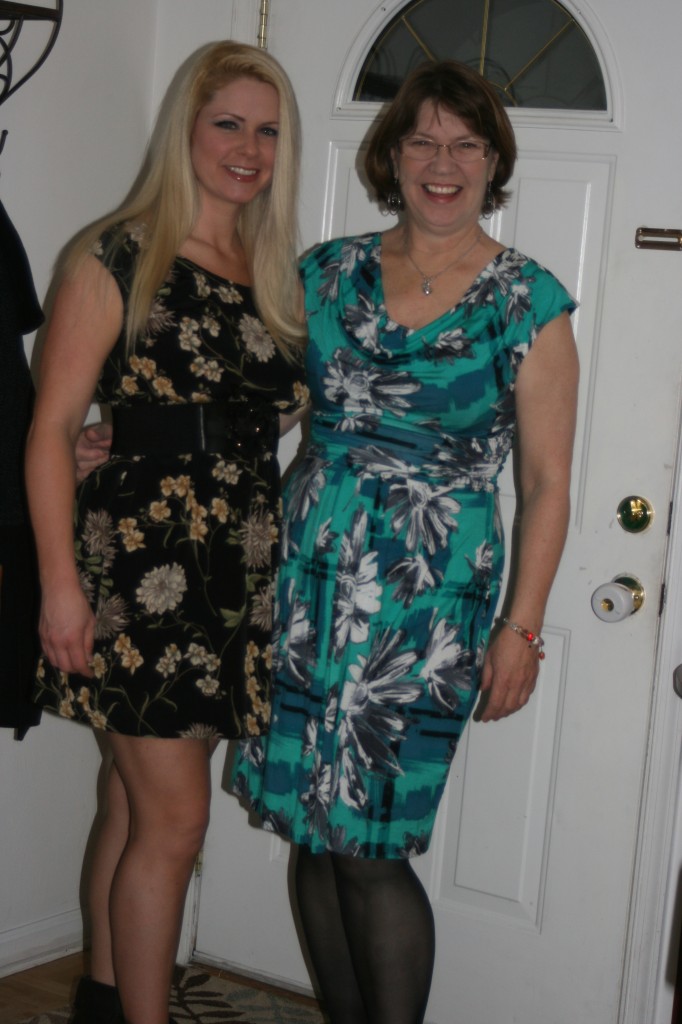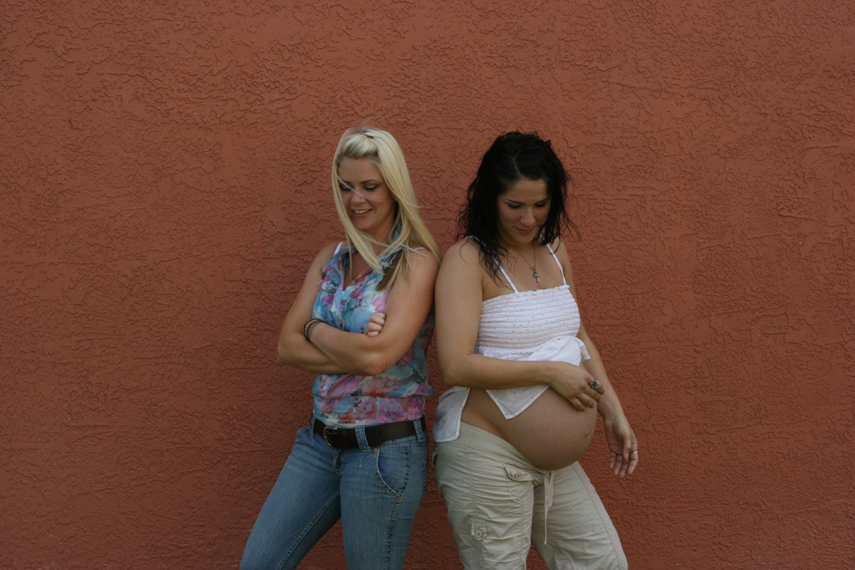I was raised to hoard food. My mother survived the depression in Oklahoma and as a child, she often felt hunger.
We were told to finish our food, no matter what. As a six year old, I sat at the dining room table for 45 minutes because I did not want to eat my greens. I remember that at 10 years old, I had cans of Chunky Campbell’s soup under my bed and I too felt the pain of hunger as I grew up.
Later, as I became a mother and listened to older mothers, there was always love and kisses for chubby baby cheeks and thighs. You were thought to be a good mother if your child was hefty.
My own mother believed that my “skinny” frame was a punishment and insult to her nurturing ability. Some of the things that my family did to celebrate included luscious ham sandwiches with potato chips for lunch. We had ice cream as a very special treat on Sunday evenings.
My mother taught me to use pasta and bread to stretch a meal to feed more people and we always had to stretch. There was never a time when there was just too much food.
We were not allowed to drink soda per se, but kool-aid was thought to be an excellent beverage and we could even drink orange and grape soda on special occasions. Did my parents think that the orange and purple colors indicated fruit juice? I don’t know.
How do we move from this reality to today? Not any of these practices are good for optimum weight and health. To believe that food must be hoarded is to believe that deprivation is right around the corner and this is a harmful and untrue belief. We do not need to eat like a bear to hibernate during a cold winter, when we wake up tomorrow, there will be food.
It is not a good idea to finish all of the food on your plate. Not only do we have too much on our plate at home, but restaurant plate sizes / portion sizes have doubled in the last 40 years. Having a larger stomach means that we eat more, eating more means that we are bigger. We can’t just keep eating because food is served to us. We have to change the way we feel about waste, it is not good to waste food, however and this is a big however, putting that food in our stomach after we are full is the biggest waste of all. It serves no purpose except to make us fat. It’s important that we understand waste in an all new way: waste is eating food after we are full.
Chubby cheeks and thighs are NOT signs of health in a child and definitely not a sign of good mothering. Babies don’t need an extra layer of fat any more than adults do. In fact, it is more harmful to babies to be fat because it is the beginning of a short and uncomfortable life: because if new habits are not formed to change the habit of over-eating, terminal illnesses will ensue.
Pasta and bread are both great fillers, but must be kept in their place – as fillers. If you have a very limited amount of hamburger meat and vegetables, then you may want to increase the size of your meal by adding bread or pasta, however, if there is plenty of meat and vegetables to go around in appropriate portion size, there is no need to add these foods. Particularly bad for humans is processed food of any kind and included in this group is white flour. White flour does not provide the right kind of nutrition, nor does it provide the nutrition intended by having a healthy diet that includes grains. People who do not suffer from celiac disease may find that their wheat intolerance is due to white flour rather than to a plain old whole grain.
I don’t even know where to start with sweet drinks…It’s a difficult subject. I believe this because even though it is generally understood by the public that soda will kill you early, most people who drink soda, continue to drink soda. Even though people know that diet soda is not beneficial in any way, they continue to drink it daily. Even though we know that some sodas have a ton of caffeine, we often see parents purchasing this soda for their children, even young children. Additionally, we all know that drinking red or blue drinks is not natural, yet not only do we drink these colors, but again, we offer them to our children. Why? Why do we continue with these practices? There is something lovely about that sweet flavor in our mouths. We identify it with nurturing, with feeling good and with a myriad of other feelings of satisfaction.
How do we overcome belief structures planted in childhood? How do we stop our brain from believing that happiness is related to food or drink consumption? How do we move away from the belief that our children should be thick around the waist in order to prove they are healthy? How do we get away from the belief structure imbedded in us as children by our parents’ fear of deprivation?
We have to create a new conversation around food, beauty and satisfaction. We cannot say anything specific, as our journey to where we are has been traveled by many different routes. There are many truths that brought us here and we must honor those truths in order to set a new path to health.





